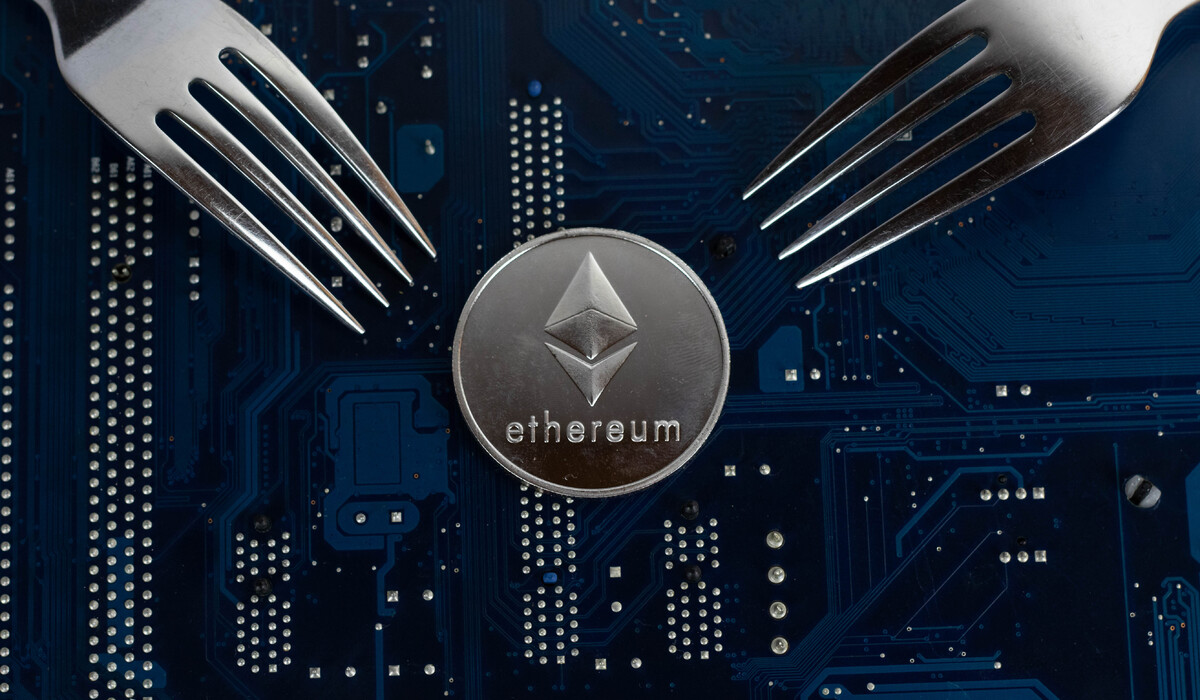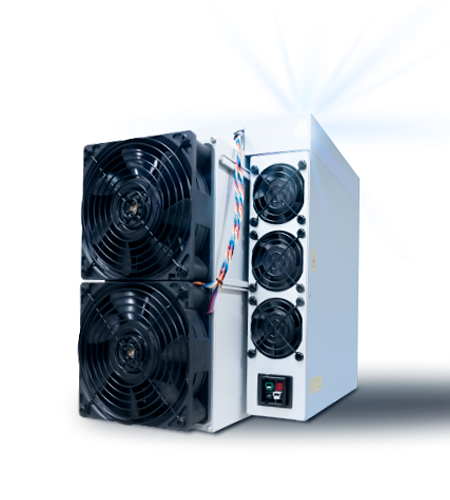Understanding hard forks and their impact on mining

Introduction
Hard fork — this term is actively discussed in the world of cryptocurrencies and blockchain technologies. It arouses interest and concern among the participants of this industry. But what is a hard fork and how does it affect mining on the blockchain network? Let's figure it out.
Who makes decisions on the blockchain network
Before we delve into hard forks and their impact on mining, it is important to understand who makes decisions on the blockchain network. There are several key participants in the blockchain network who interact with each other and make decisions:
- Developers: These are those who are working on the development and updating of blockchain protocols. They offer changes and improvements that can include both hard forks and soft forks.
- Miners: Miners are engaged in the creation of new blocks in the blockchain and confirm transactions. They perform computational tasks to ensure network security.
- Full Node Users: Users who have a full node installed play an important role in maintaining the integrity of the blockchain and validating transactions.
Now let's talk about what a fork is and what types of forks exist.
What is a fork
A fork in the context of the blockchain means a change in the network protocol. Forks can be divided into two main types: hard forks and soft forks. They have different characteristics and affect the network in different ways.
Hard forks and soft forks
What is a hard fork
The hard fork is a radical change in the blockchain protocol, which makes previous versions of the software incompatible with the new version. This means that network members using the old version will not be able to interact with those using the new version. A hard fork may arise due to disputes and disagreements in the community about the direction of the development of the network.
What is a soft fork
A soft fork, unlike a hard fork, is a softer protocol change. The soft fork remains compatible with previous versions of the software, which allows network participants to adapt more smoothly to changes. This type of fork is usually used to improve existing network functions.
Hard forks and soft forks — which is better?
The question of which is better, a hard fork or a soft fork, depends on the specific situation and the goals of the developers. A hard fork often leads to the separation of the network into two different block chains, each of which has its own rules. This can cause disputes and discontent among the participants. On the other hand, the soft fork allows you to implement changes more smoothly and not divide the network into two parts.
How do forks affect mining?
Now let's talk about how forks affect mining on the blockchain network. Mining is a key part of ensuring the safety and health of the network. What changes can occur with hard forks and soft forks?
During the hard fork, the consensus algorithms may change, which will require updating the miners' software. If miners do not switch to the new version, they risk mining blocks that will not be recognized as valid in the new version of the blockchain. This can lead to the division of mining communities and reduce the benefits of mining.
With a soft fork, the changes are usually less drastic, and miners may just need to update their software to support the new network rules. This is less dramatic and less likely to cause a division of the mining community.
In addition, during the hard fork, new tokens (cryptocurrencies) may appear on a new block chain, and miners may be able to mine them, which can be profitable. However, this can also lead to a struggle for computing resources, as miners can switch from mining the original cryptocurrency to a new one. Soft forks usually have less impact on mining, as they do not create a new block chain and updates usually do not require such a radical change. However, miners still need to monitor protocol changes to remain compatible with the network.
How do forks affect Bitcoin?
Now let's look at the impact of hard forks and soft forks on Bitcoin, the most popular cryptocurrency in the world. Bitcoin has survived several hard forks, such as Bitcoin Cash and Bitcoin SV, which were created as a result of the separation of the network. These hard forks made changes to the rules of mining and the size of blocks, which caused controversy in the community and disagreements among miners and Bitcoin holders. Soft forks, on the contrary, usually run more smoothly and do not lead to network separation. However, they can make improvements to the network and enhance the attractiveness of Bitcoin as an investment.
Resume
Hard forks and soft forks represent important events in the world of cryptocurrencies and blockchain. They affect mining and the interaction of network participants. The choice between a hard fork and a soft fork depends on the goals of the developers and the community. Bitcoin also does not stay away from these changes, and forks can make changes to its ecosystem. Understanding the differences between hard forks and soft forks, as well as their impact on mining, helps network participants make informed decisions and adapt to changing conditions.
